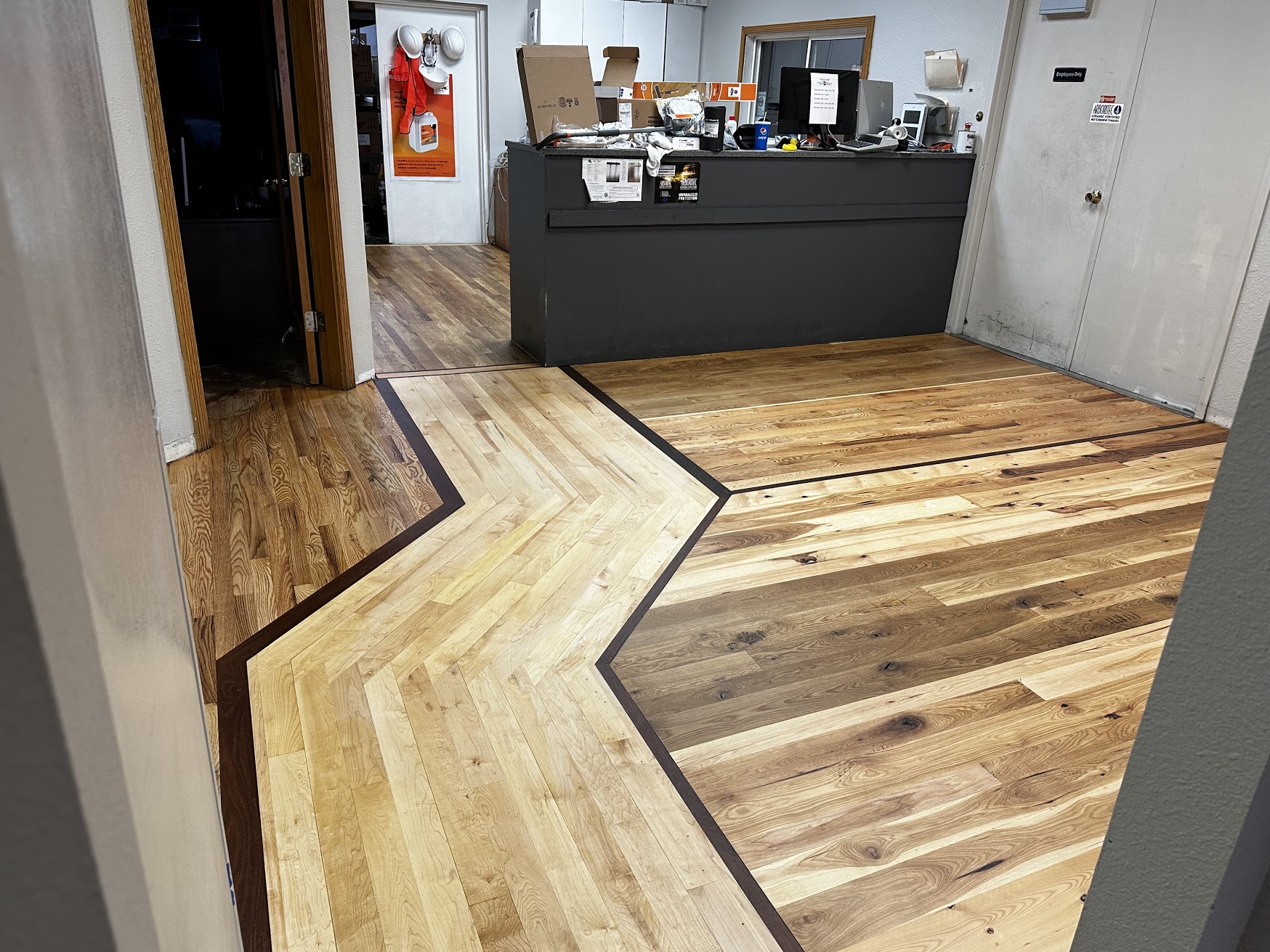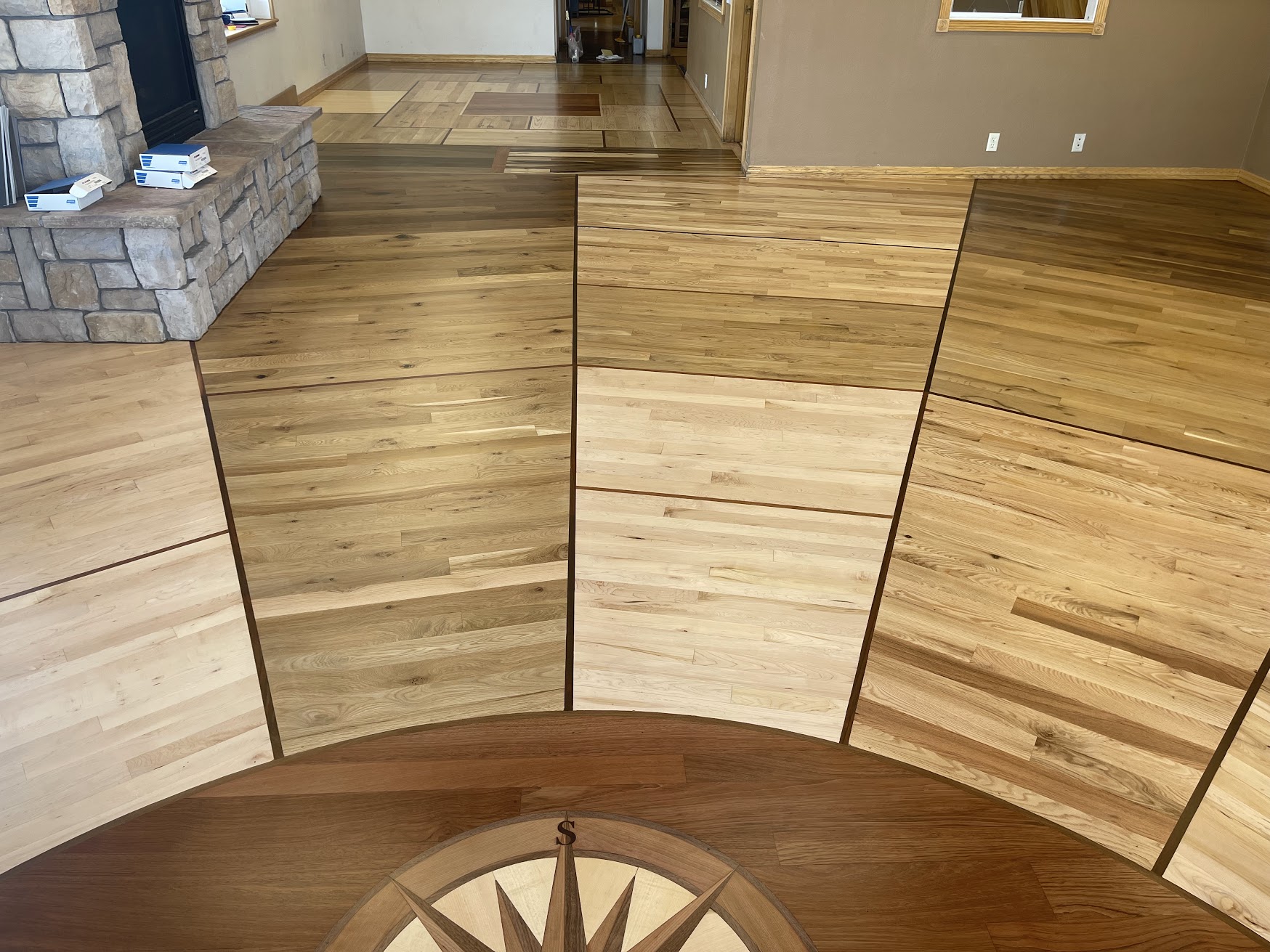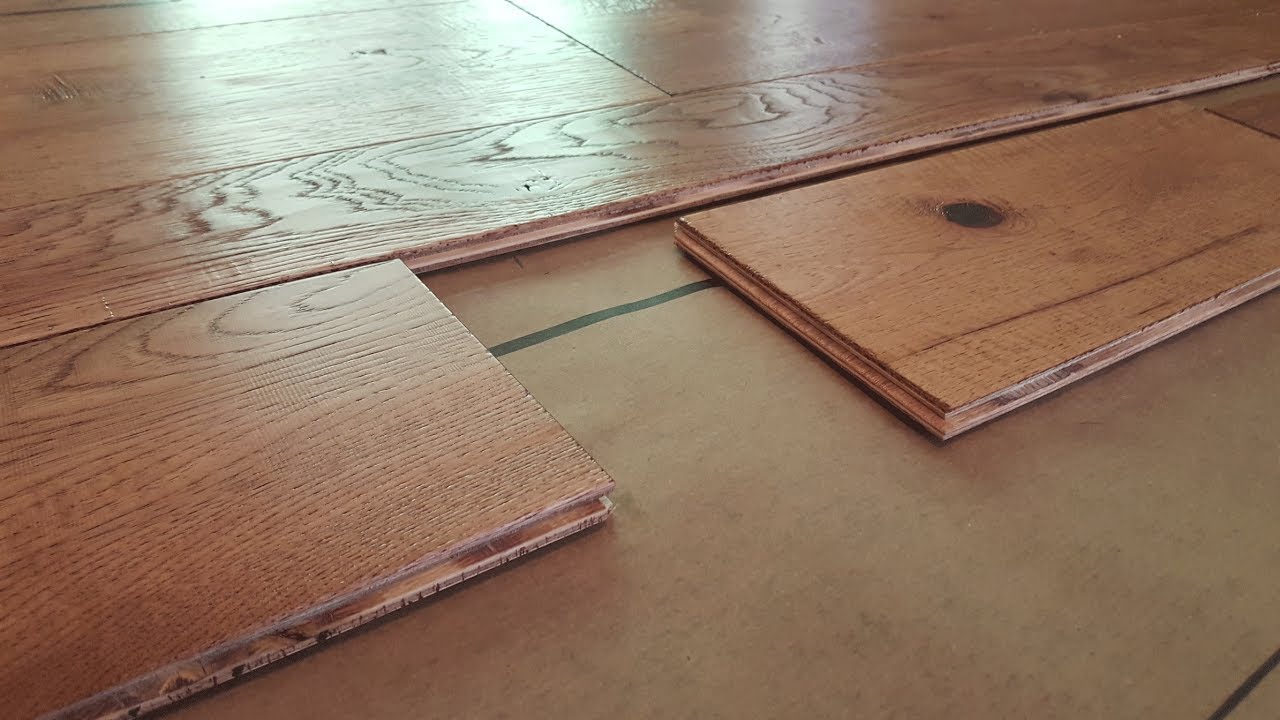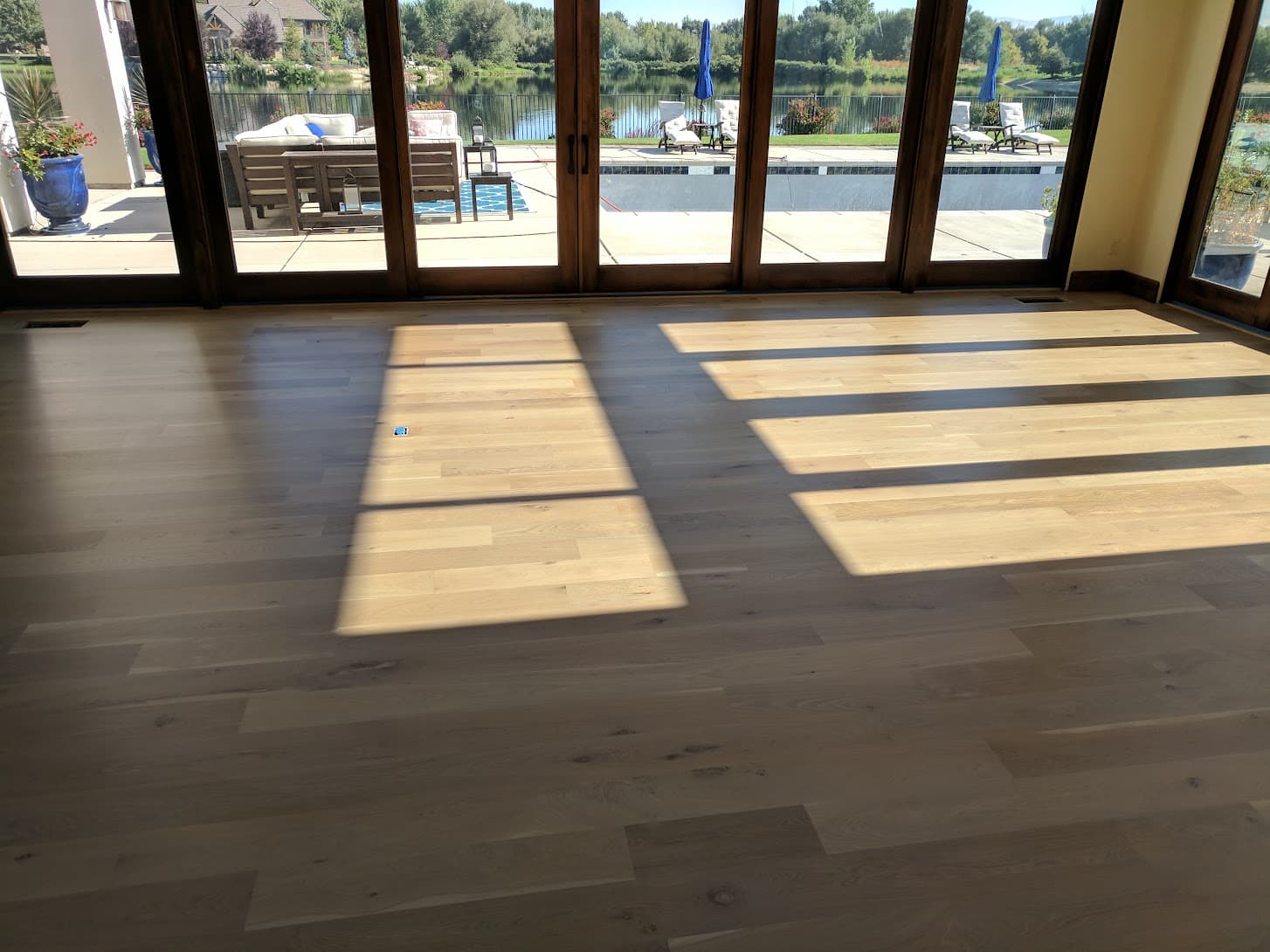Engineered hardwood flooring has become a popular choice for homeowners seeking a balance between aesthetics and durability. However, for those living in dry climates (like Boise or Spokane), the choice of engineered hardwood can make a significant difference in the longevity and performance of their floors. In this article, we will explore why good quality engineered hardwood floors matter in dry climates and provide valuable insights into selecting the right materials for such environments.
Understanding Dry Climates:
Dry climates are characterized by low humidity levels, which can be exacerbated by cold temperatures and the use of indoor heating systems. In regions with dry air, the moisture content in the environment is minimal, and this has a direct impact on the materials used in your home, especially flooring. Here’s why:
- Dryness Accelerates Issues: Dryness can exacerbate problems in flooring materials. Wood, glue, and other flooring components do not respond well to extremely dry conditions, which can lead to faster degradation and issues.
Why Quality Hardwood Flooring Matters:
The choice of engineered hardwood flooring becomes crucial in dry climates for several reasons:
- Wood Movement: In dry climates, poorly manufactured engineered hardwood can experience excessive expansion and contraction due to changes in humidity levels. This can result in gaps between the planks and an unstable floor.
- Shrinkage: Wood not specifically designed for dry climates is more prone to shrinking, leading to unsightly gaps and uneven surfaces over time.
- Durability: Dry climates can be harsh on flooring materials. Low humidity levels can cause the wrong style of veneer and core to separate, leading to structural issues.
Selecting the Right Materials:
To ensure your engineered hardwood flooring thrives in a dry climate, consider the following factors:
- Width: Opt for planks under 9 inches in width as they are less likely to warp or buckle.
- Veneer Species: White oak or red oak veneers are well-suited for dry climates, as they are more stable and less prone to movement. Avoid hickory, which tends to expand and contract significantly.
- Core Construction: Look for engineered hardwood with a mix core comprising at least 5 layers. This ensures better stability and resistance to the effects of dryness.
Common Problems in Dry Weather:
In dry climates, engineered hardwood floors are susceptible to several issues:
- Veneer Shrinkage: The veneer layer can shrink, leading to gaps between the planks.
- Delamination: Dry conditions can cause the veneer to separate from the core beneath it, compromising the floor’s integrity.
- Veneer Checking: Checking refers to the formation of small cracks or splits on the veneer surface due to dryness.
- Noises and Pops: Dryness can make your engineered hardwood floor more prone to making noises, such as creaks and pops, as it adjusts to changing humidity levels.
Some High Quality Engineered Hardwood Flooring
Urban Floor: A great option that is produced in a god facility with good products and lots of colors. Urban floor is a great option for engineered hardwood flooring in a dry climate.
Cordalera Floors: Cordalera is designed in Idaho, offers a great mill the produces high quality flooring. No option is skipped in this line of hardwood flooring. Good core, thick veneer and quality finish.
Final Thoughts on: Dry Climate and Hardwood Flooring
In dry climates, the choice of engineered hardwood flooring is not just a matter of aesthetics but also one of practicality and durability. Investing in a high-quality product with the right materials, such as white or red oak veneers and a stable core construction, can ensure that your floors remain beautiful and functional for years to come. By understanding the unique challenges posed by dry climates and selecting the right flooring materials, you can enjoy the timeless beauty of engineered hardwood without the worries of rapid degradation. If you have any more questions email the Rustic Wood Floor Supply team with your questions about flooring.




